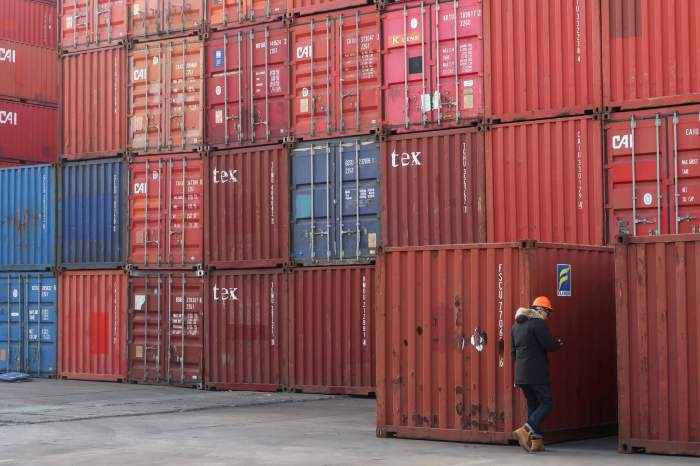By Colm Fulton and Johan Ahlander
STOCKHOLM (Reuters) – An independent investigation of Swedbank’s
Swedbank is under investigation by authorities in the United States, Sweden and Estonia for its role in a Baltic money laundering scandal.
It said the $4.8 million figure related only to possible breaches of U.S. rules, and that law firm Clifford Chance’s report into its role in the broader Baltic scandal would be made public on March 23.
“That is of course, to put it bluntly, disturbing,” Swedbank CEO Jens Henriksson said of the potential U.S. violations.
“That means that we have not had good enough controls, not good enough transaction systems, and that we have had shortcomings in internal governance,” he told Reuters.
Still, Swedbank shares rose close to 4%, as analysts said the $4.8 million total of suspect transactions was a fairly small sum.
Swedbank said it would report the findings to the U.S Treasury’s Office of Foreign Assets Control (OFAC) – which has the power to impose fines on banks – and that it would cooperate fully to resolve the matter.
“There is some silver-lining to it. First, we are talking minor sums. We are talking around 5 million U.S. dollars, and when you look at the number of transactions, we found 586 transactions,” Henriksson said.
Swedbank said Clifford Chance had looked at activity from 2007 to March 2019 but particularly at dollar denominated transactions processed through the U.S. financial system during the five-year period from March 22, 2014, given the applicable statute of limitations.
The outcome of the Swedish investigation into the wider Baltic scandal, including any fines, will be announced later this month, according to the Swedish financial watchdog.
MITIGATING FACTORS
Henriksson, who is yet to see the complete Clifford Chance report, said he learned about the potential OFAC violations when the law firm phoned him late on Tuesday evening.
“I told Clifford Chance that if they find anything material, I want to know in advance … so I can be open and transparent, like today,” he said.
“We know that if you self-report and you’re talking about territories rather than individuals or entities and a minor sum, that is something that will make any potential fines smaller,” Henriksson said.
The bank said 95% of the 586 transactions that potentially broke OFAC rules were processed between 2015 and 2016. Some 508 of were either salary payments or payments associated with the operation of a vessel whose owner was located in Crimea, an area subject to U.S. sanctions, it said.
Anders Haulund Vollesen, a banking analyst at Jyske Bank, said the relatively small sums involved and Swedbank’s cooperation were two alleviating factors.
“Nonetheless, when you process money for people and countries on the sanction list and don’t catch that, that’s a serious breach and is a serious offence,” he said.
Swedbank shares were 3.7% higher at 1037 GMT, outperforming the European banking index <.SX7P>.
The bank is being investigated over allegations it processed suspect gross transactions of up to 20 billion euros ($22 billion) a year from mostly Russian non-residents through Estonia from 2010 to 2016.
(Reporting by Colm Fulton and Johan Ahlander, additional reporting by Johannes Hellstrom, editing by Kirsten Donovan and Mark Potter)
























